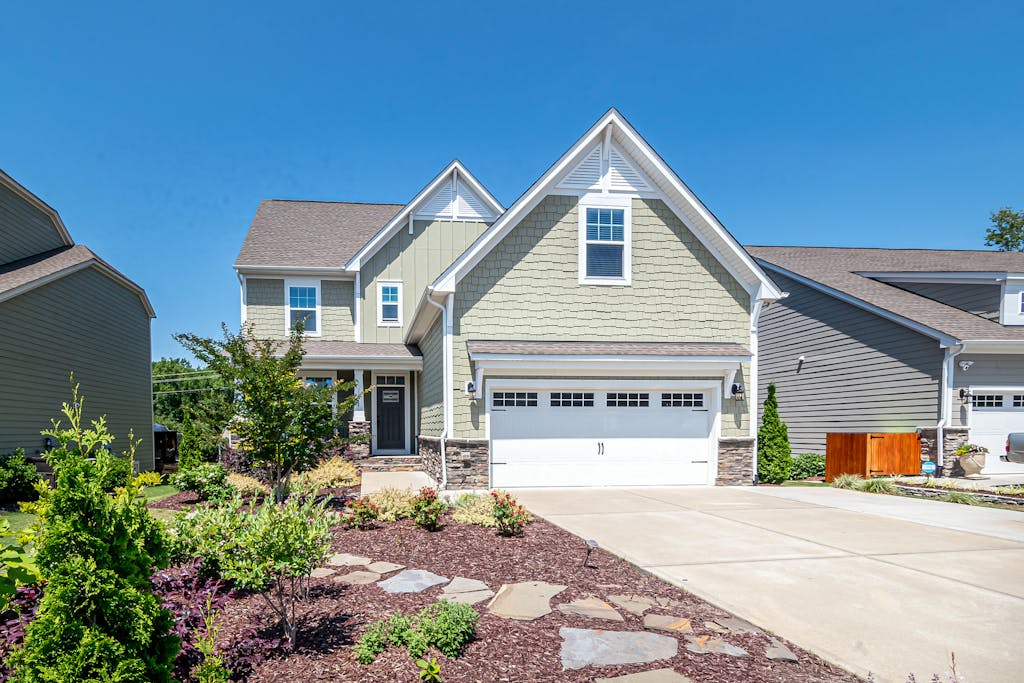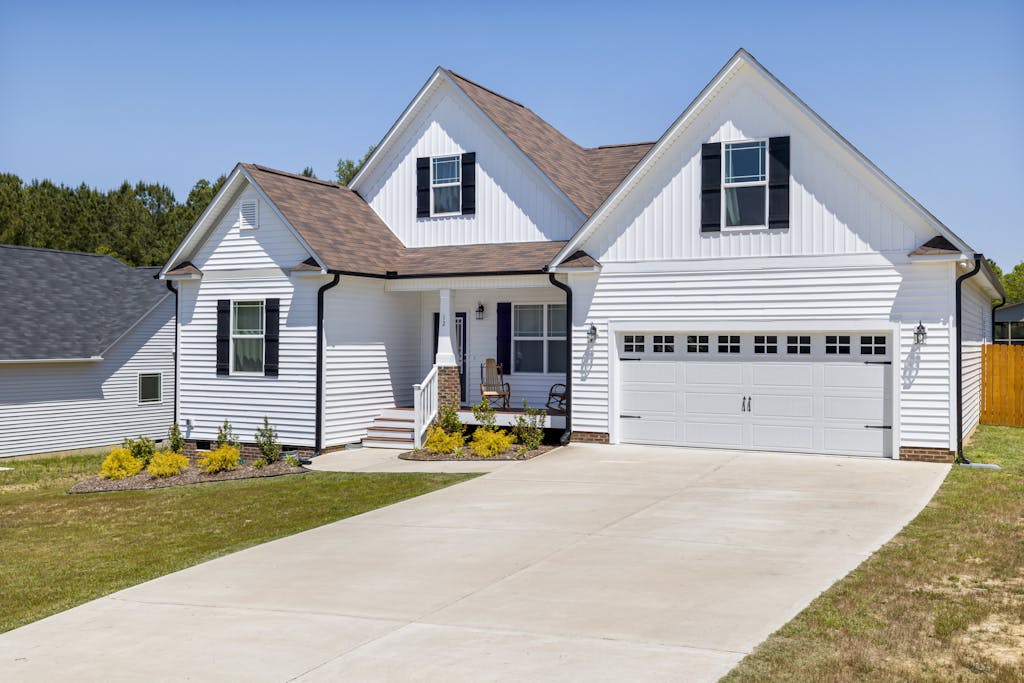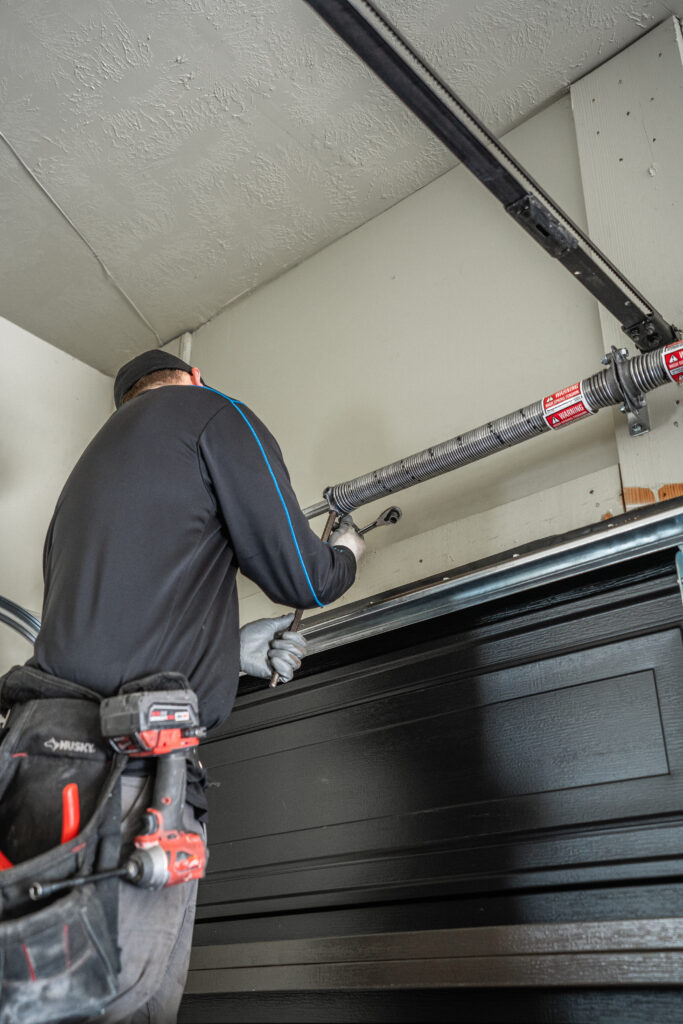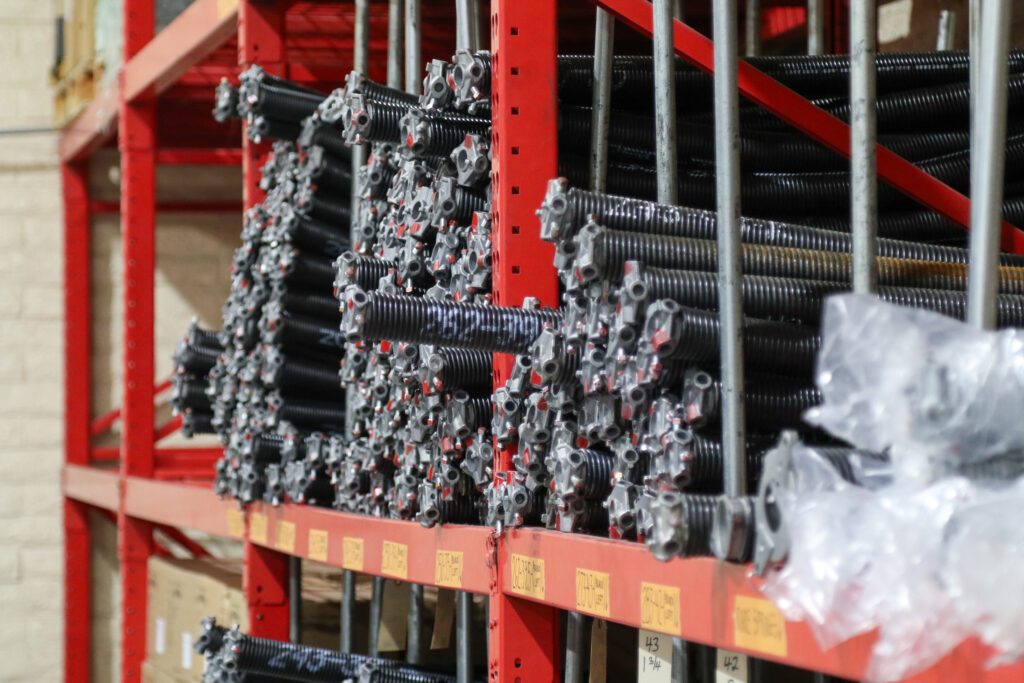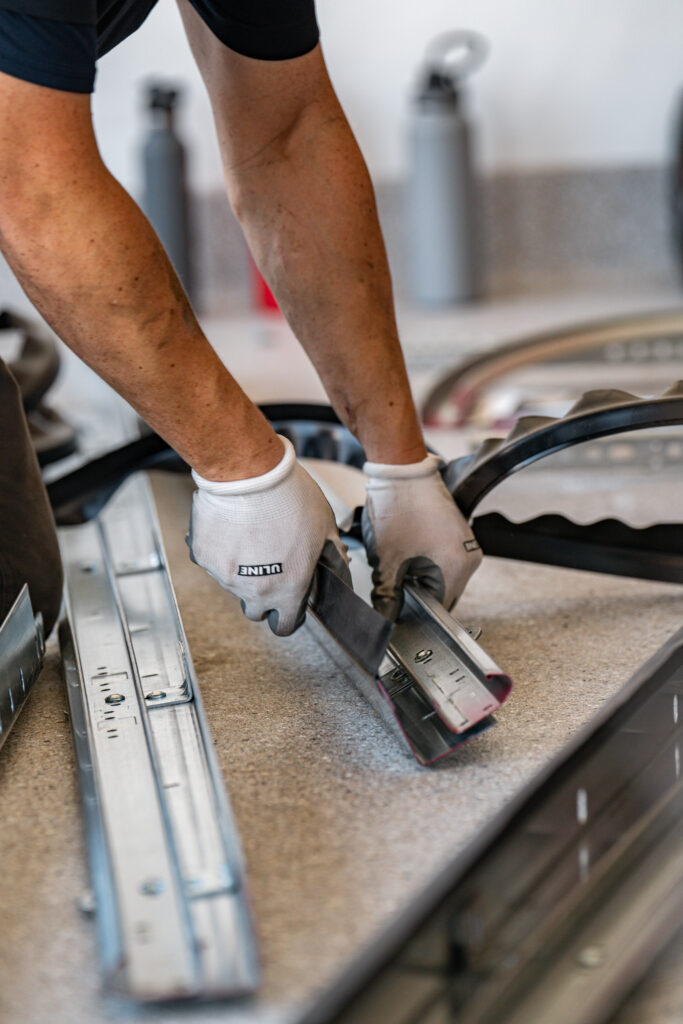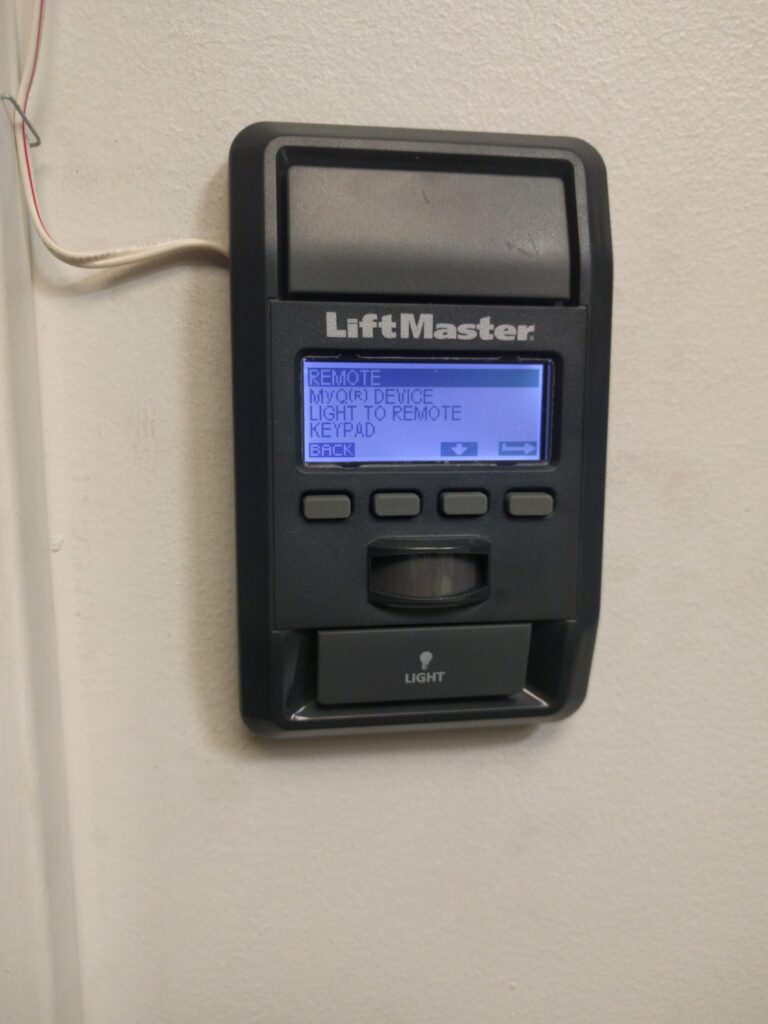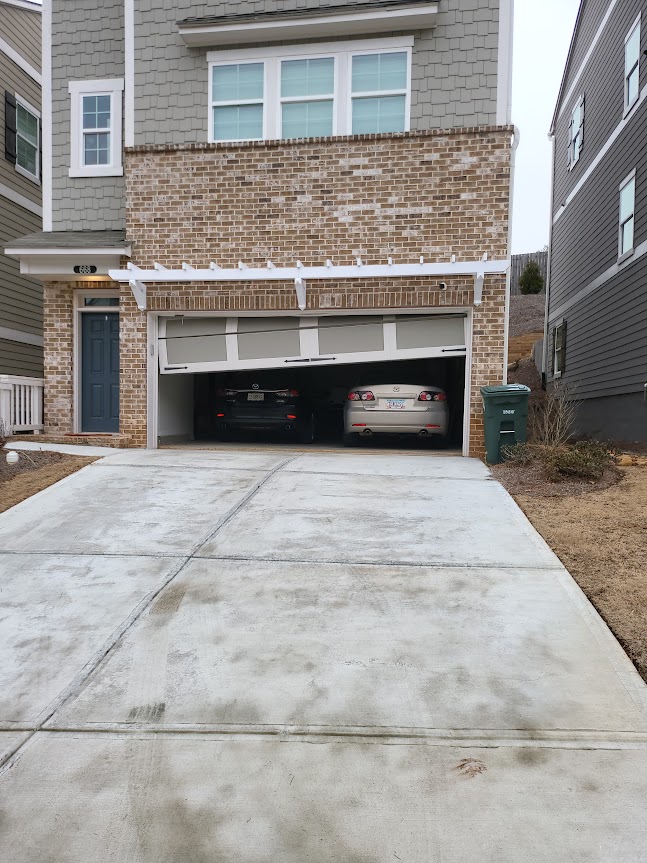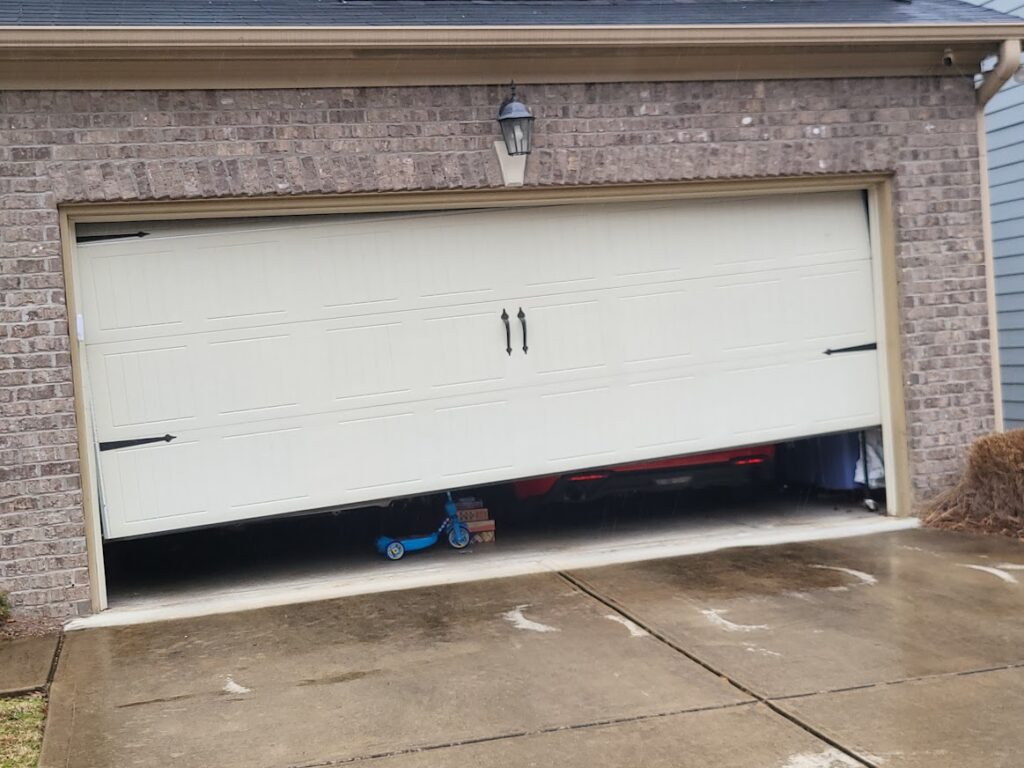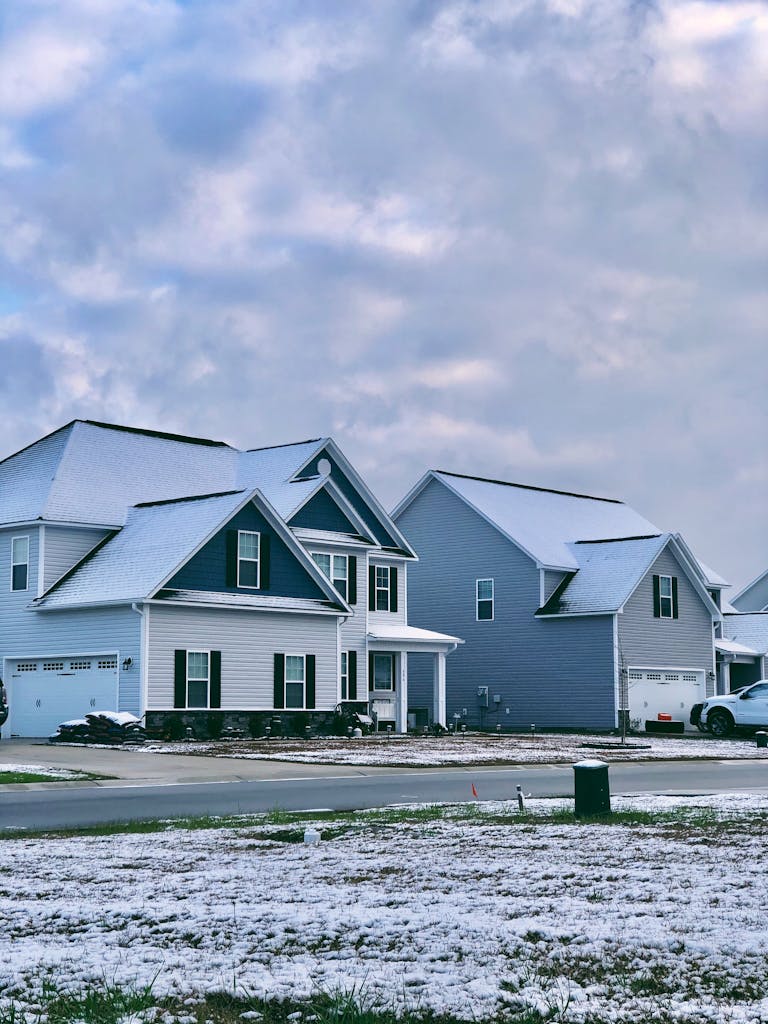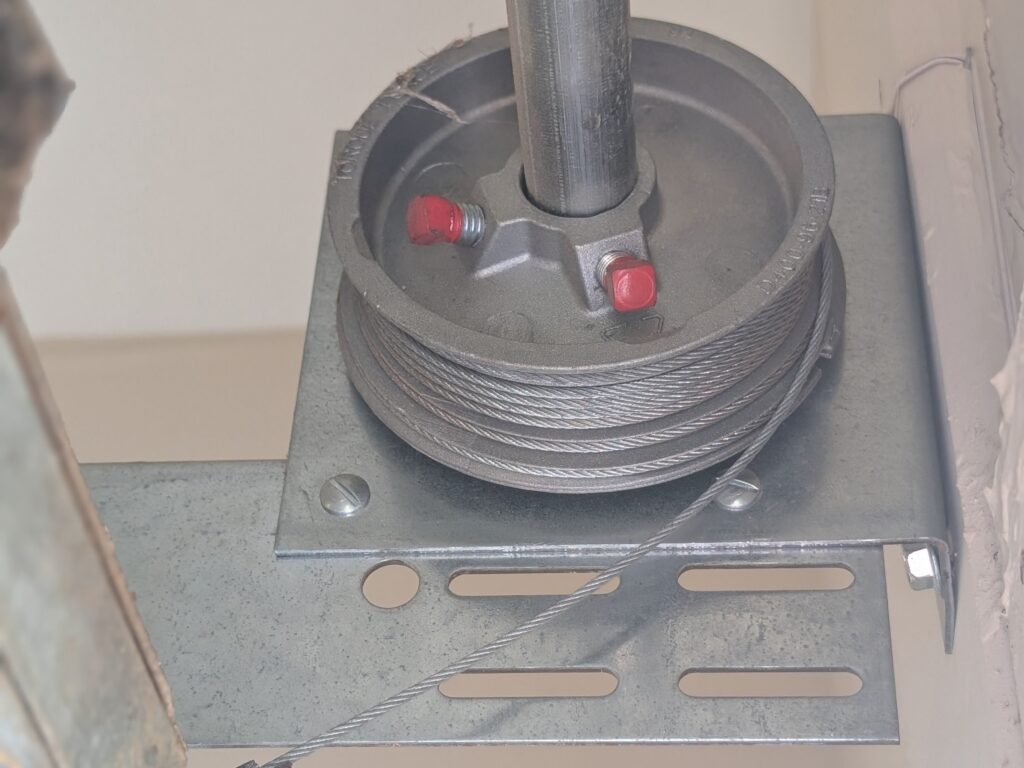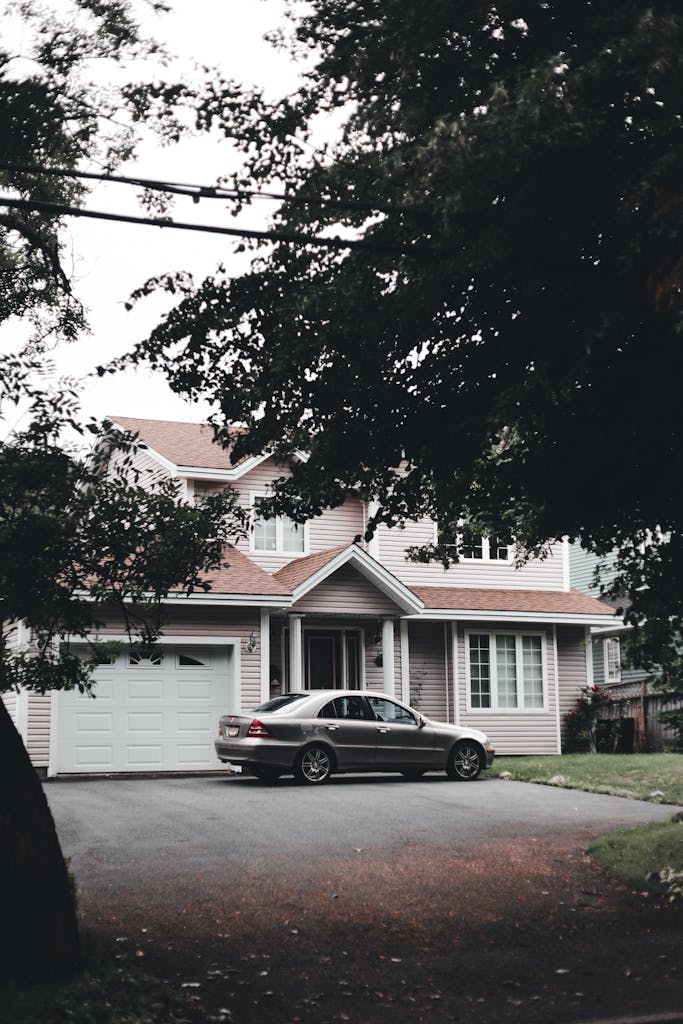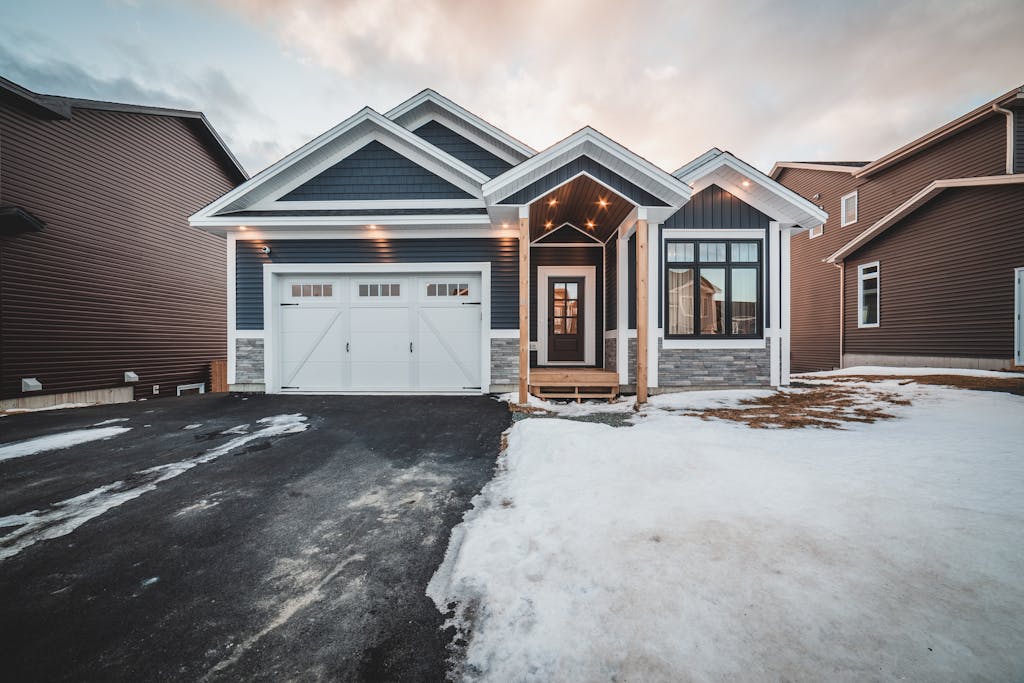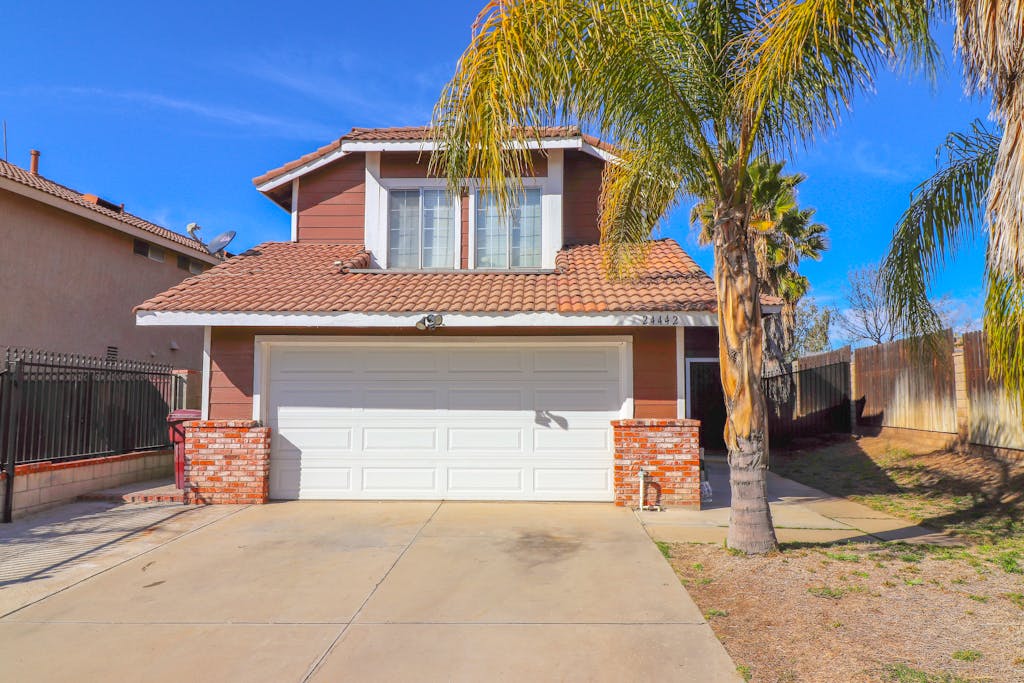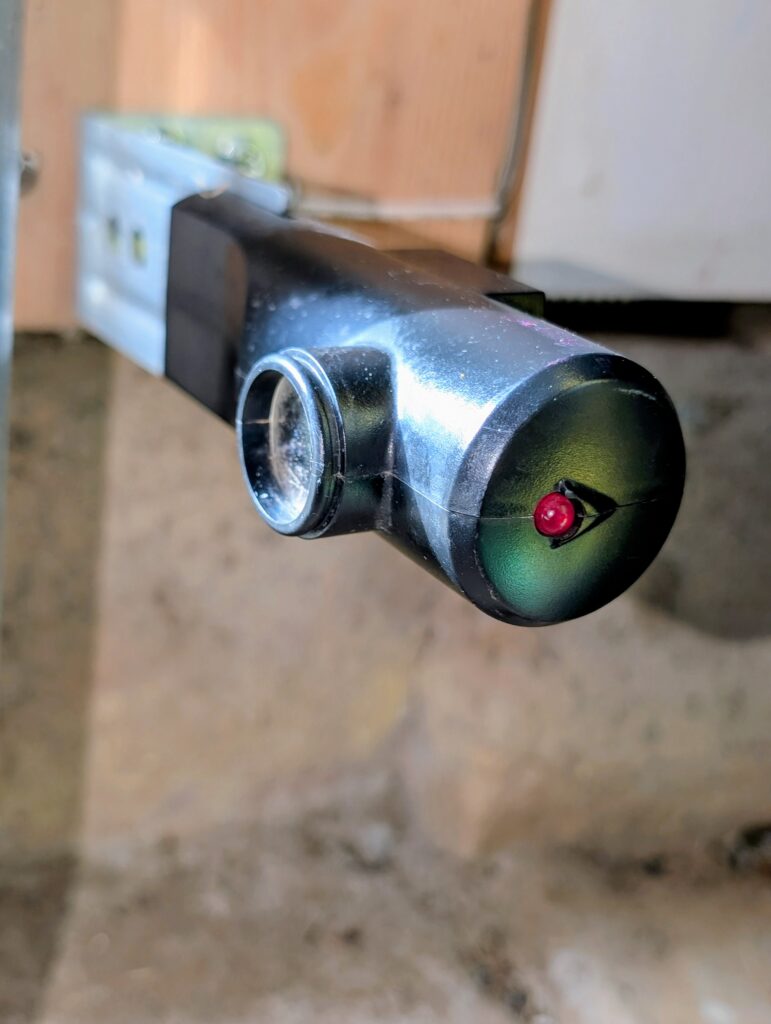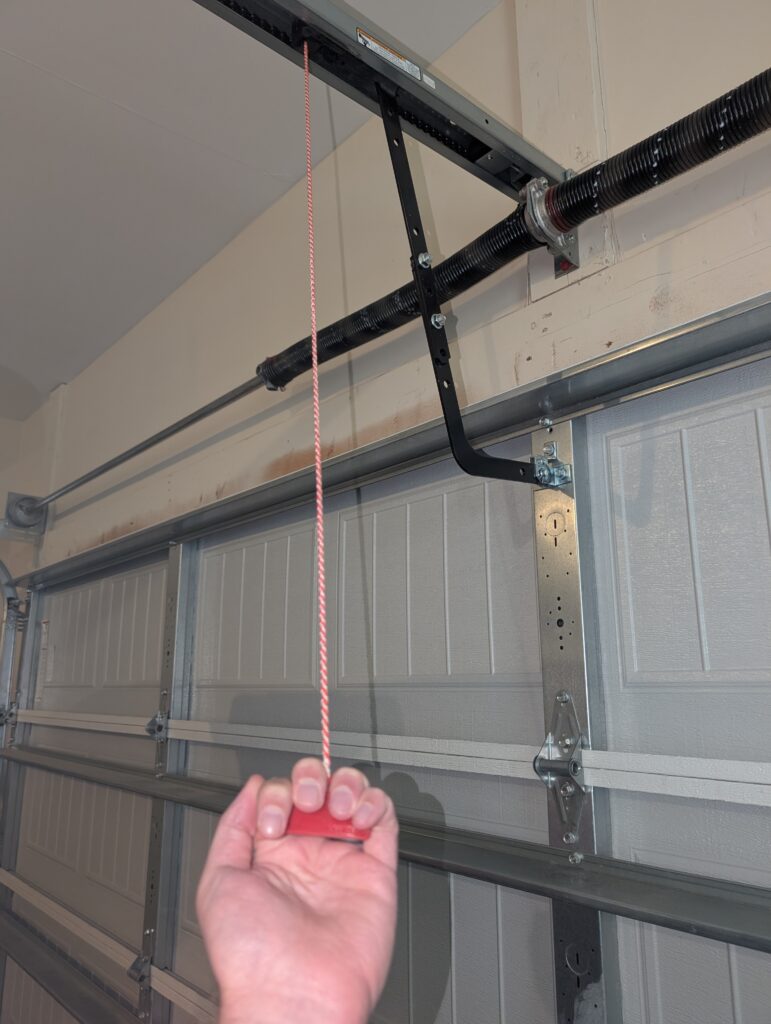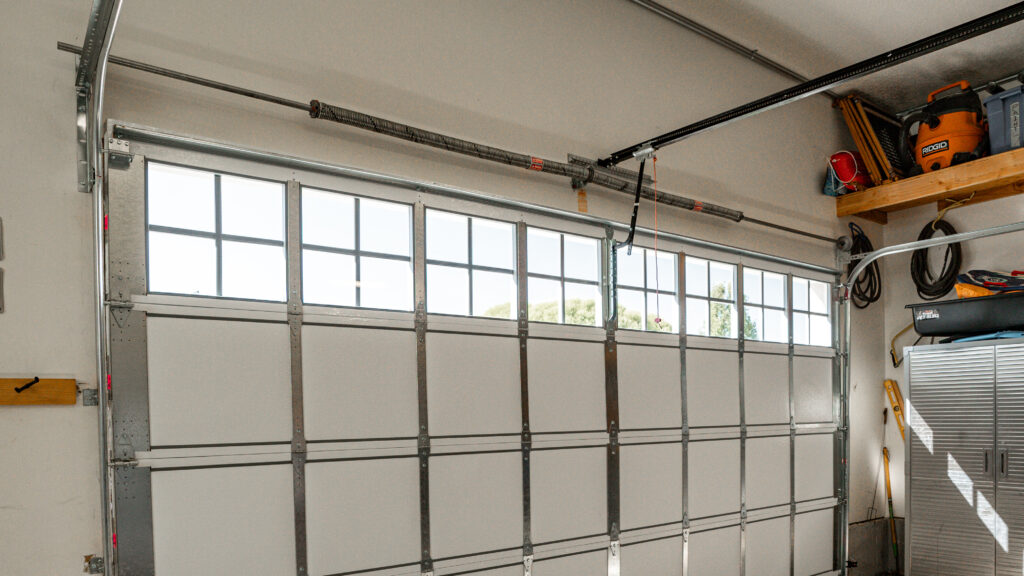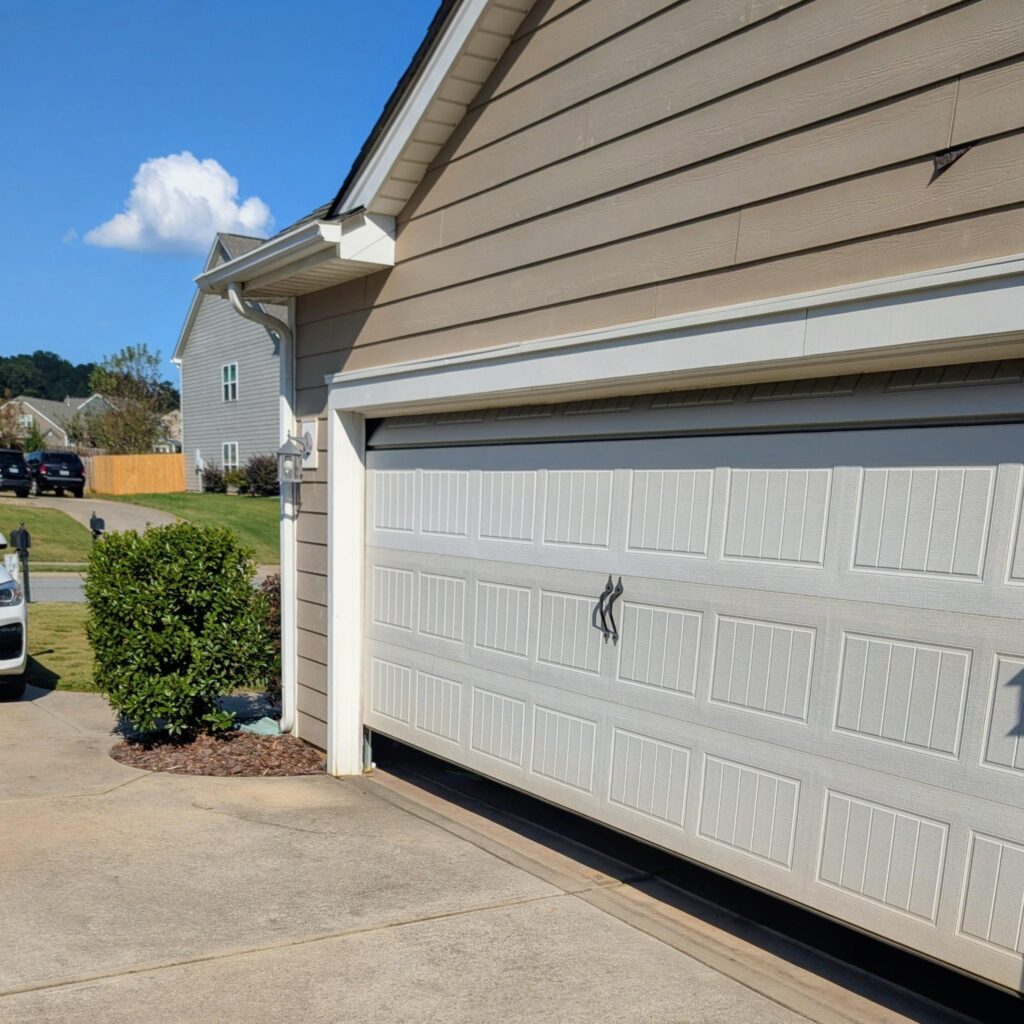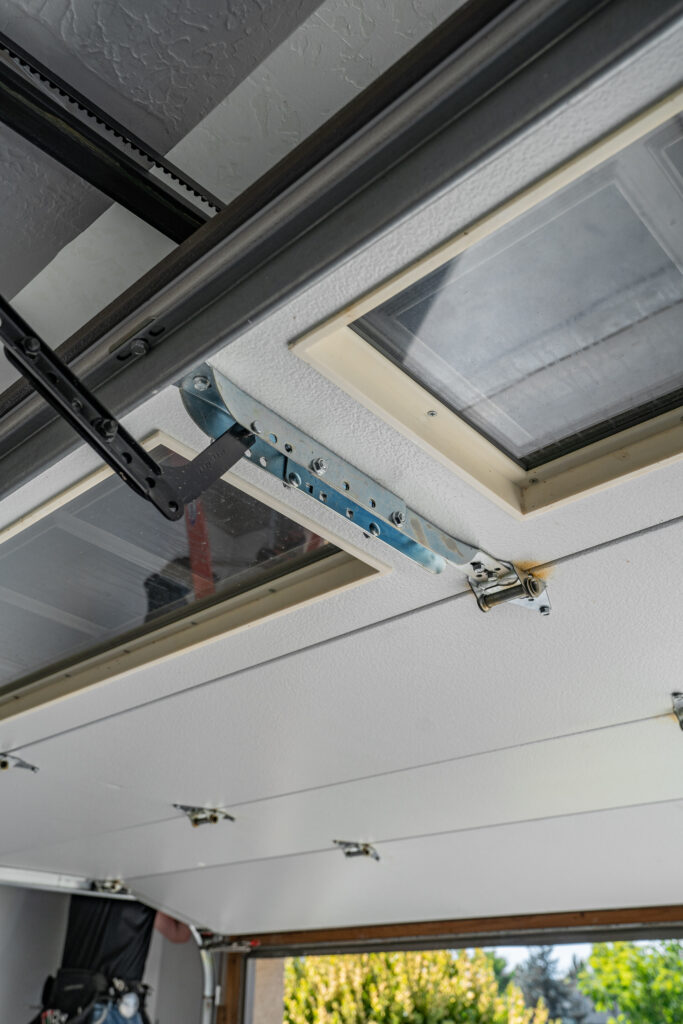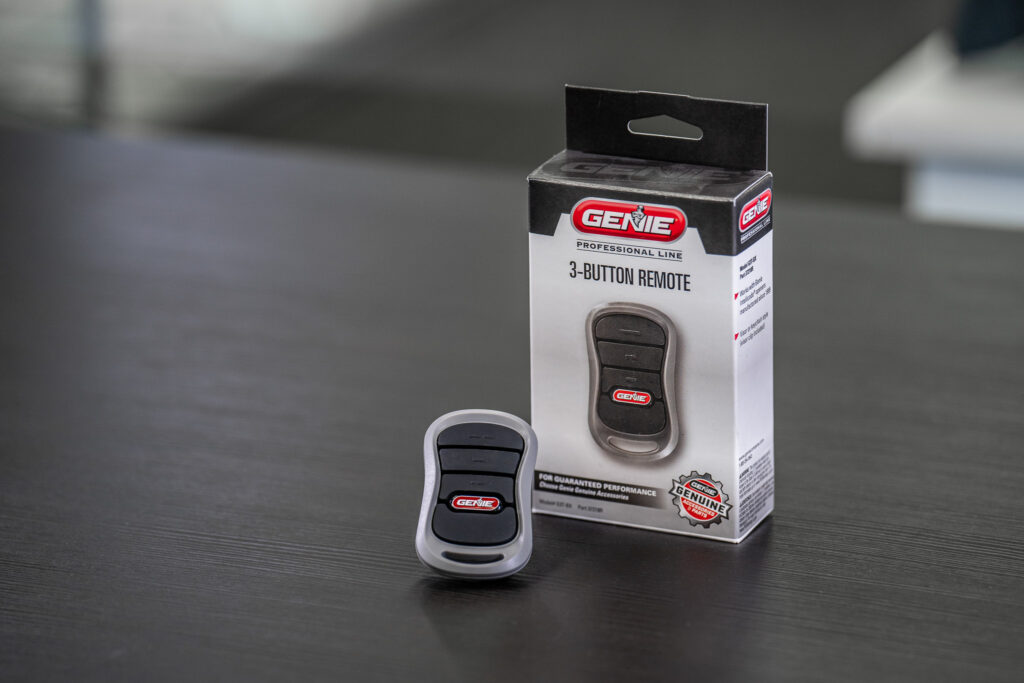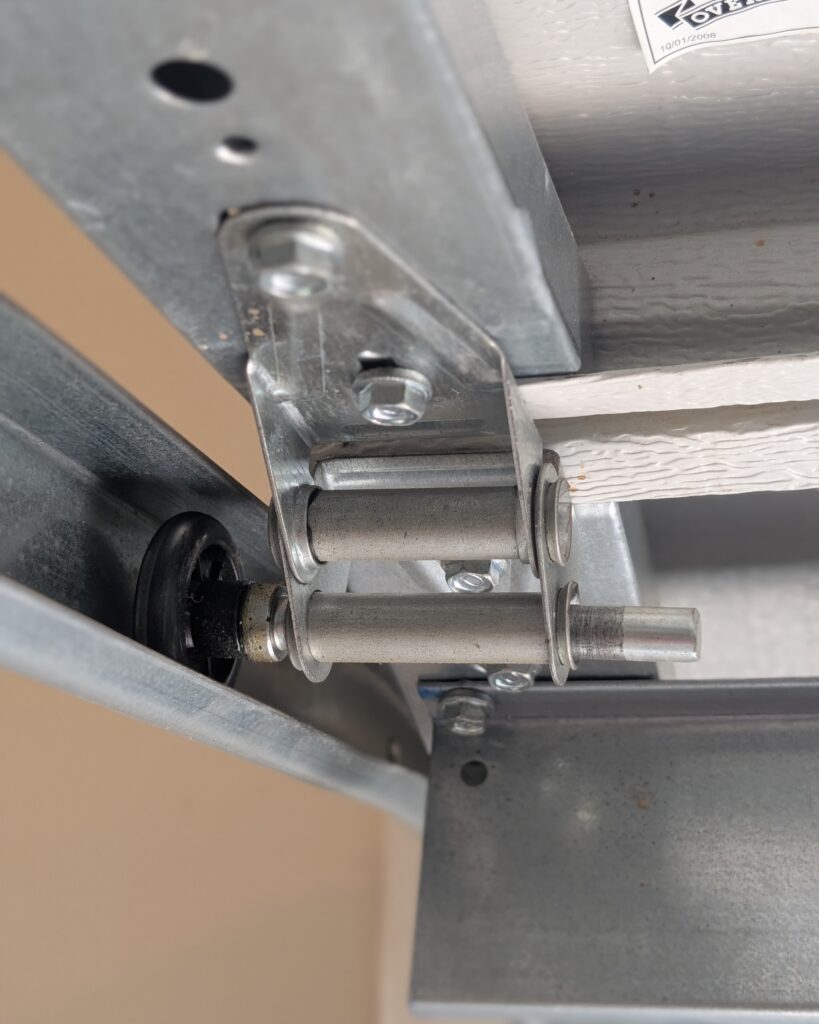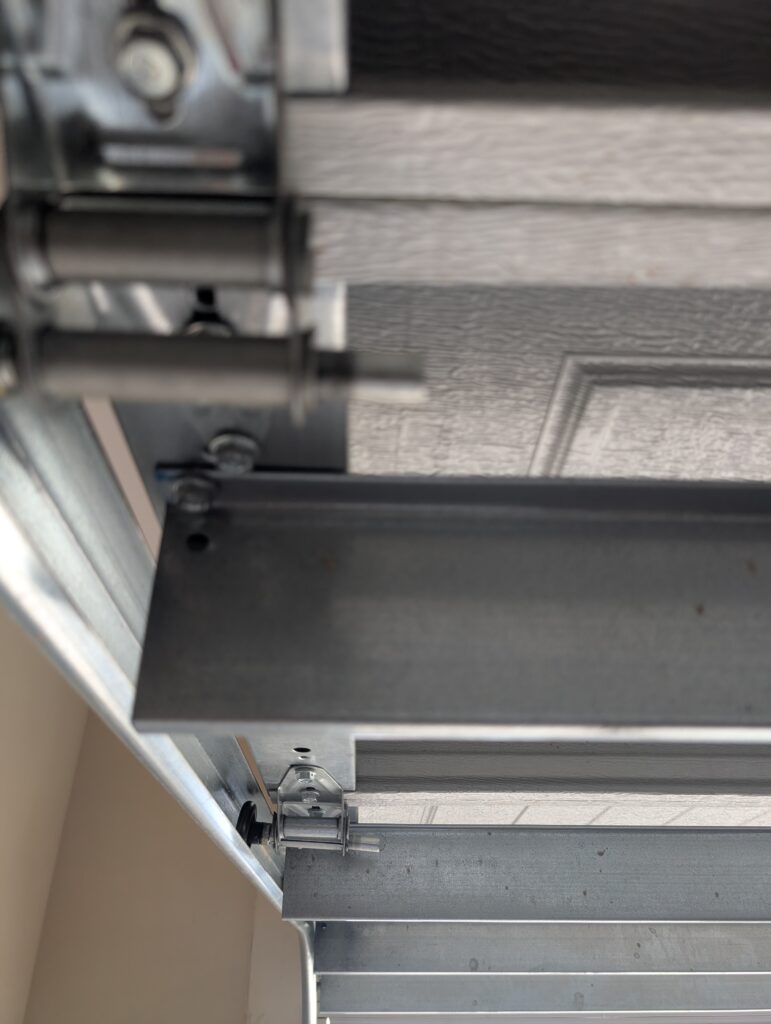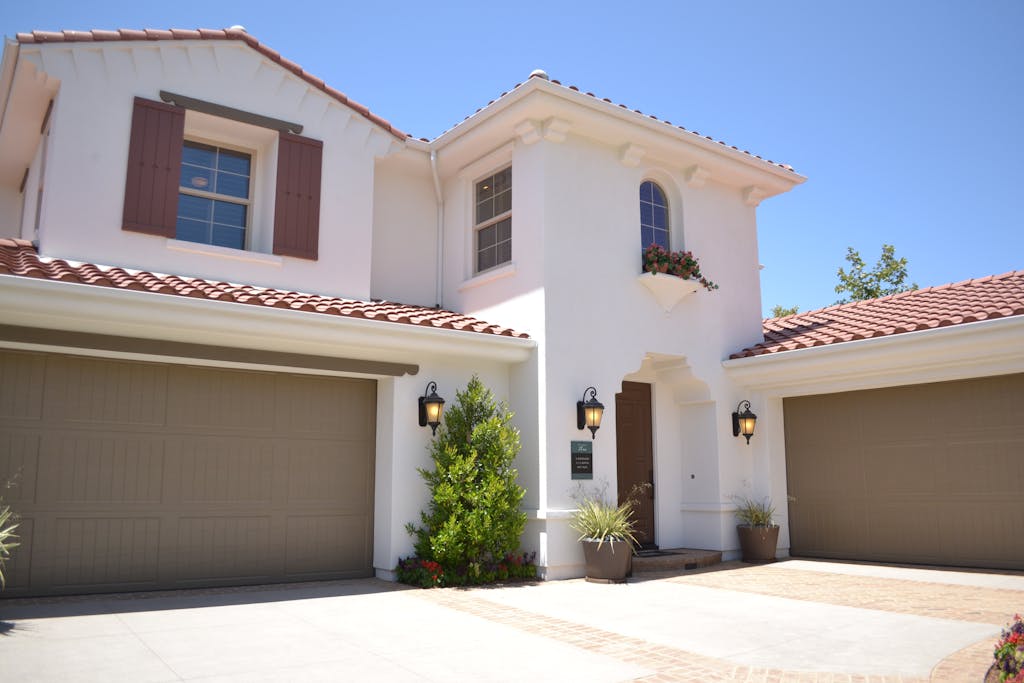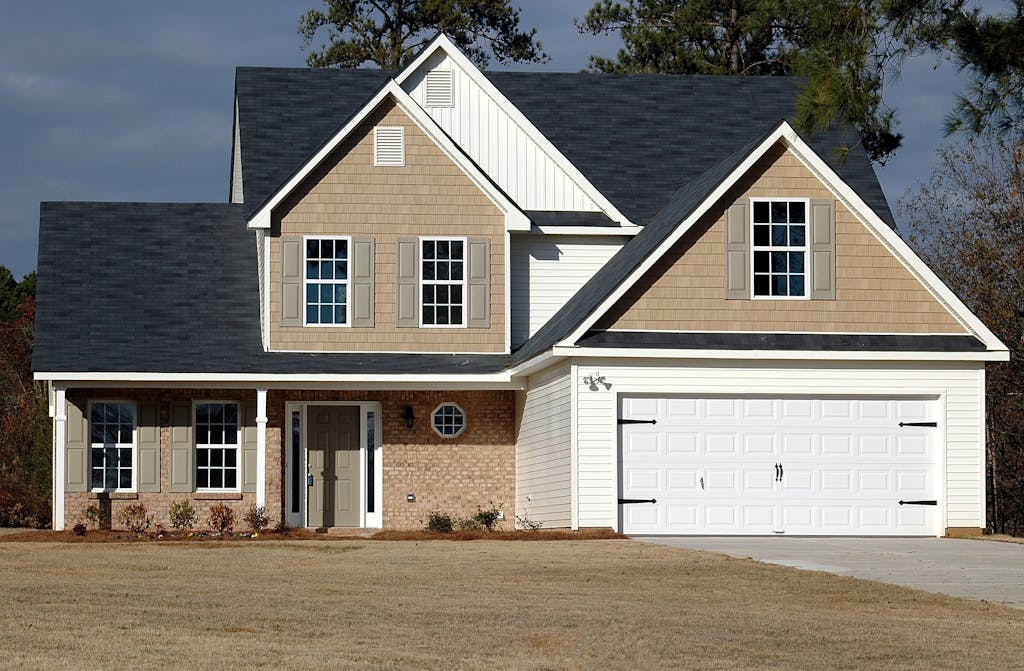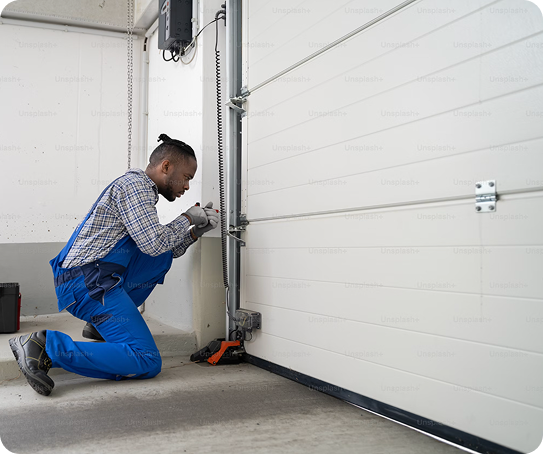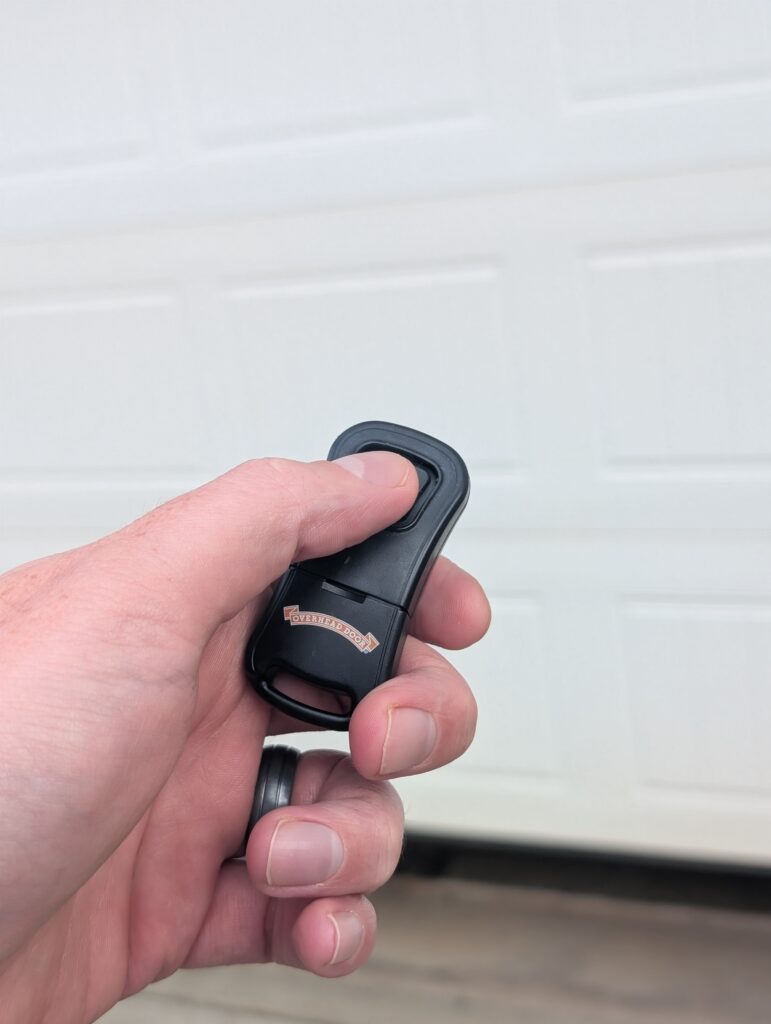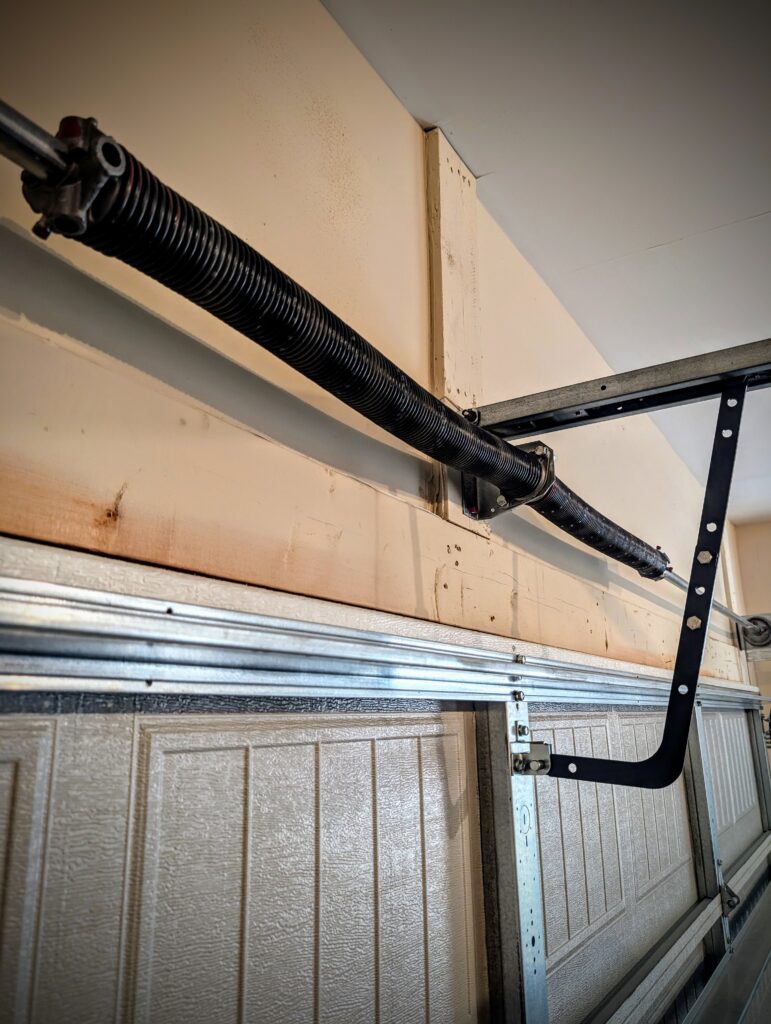Best Garage Door Insulation Options for Energy Efficiency & Comfort
Transform your garage into an energy-efficient and comfortable space with the right insulation. The best garage door insulation options include Owens Corning Fiberglass Batt Kit for simplicity and Insulfoam Polystyrene Insulation Kit for availability. Learn how to choose based on R-value, door type, and budget.
By: Sean Donnelly | Published: May 21, 2025
Find Garage Door Repair Services
Get a fast & free quote | Schedule your service today
Insulating a garage door is a vital step towards ensuring the energy efficiency of any attached or detached garage with HVAC elements. You’ll see reduced road noise, lower energy bills and sometimes increased visual appeal of your doors. We at Garage.com have reviewed some of the best options for DIY insulation kits, and can recommend some of the top professionals in your area to assist with any garage insulation needs.
Why Insulating Your Garage Door Matters
Insulating your garage door can greatly improve your comfort inside your garage, especially if you spend an appreciable amount of time in your space. Tackling this on your own can help you to minimize temperature fluctuations in your interior space while cutting down on road noise that leaks into your structure.
We urge you to remember that you’ll have to insulate your entire garage to make a real difference in your energy savings. This is the real return on investment that you could see from insulating an exterior non-living space.
Understanding Garage Door Insulation
Simply put, R-values set your garage door insulation’s effectiveness.This is a measure of a material’s general resistance to temperature fluctuation. The higher the R-value, the more impactful insulating your garage door will be.
- Up to R-6: An option for non-insulated or detached garages
- R-6 to R-9: Best for attached garages with no HVAC elements
- R-9 to R-13: Ideally used in attached garages with heating or cooling
- R-13 and up: For an exterior living space or a frequently-used workshop
Polystyrene foam board kits are the most commonly used option for DIY installations. Pre-cut fiberglass batts are more costly, but offer the highest R-values with simple installation processes.
Best Garage Door Insulation Kits Compared
The kits here are among the easiest to apply to garage doors with little to no expertise and basic household tools. In most cases, you’ll need a utility knife, stepladder and tape measure. In some cases, you may need double-sided waterproof adhesive and weather tape to seal your insulation in your door. Many kits come with these materials, however.
If you have steel, aluminum or composite doors, you’ll be able to use most insulation types. Wooden doors are often incompatible with fiberglass batts. Also consider R values and possible weight added to your doors when making your selection.
| Kit Type | Compatible Door Materials | Cost* | Installation Difficulty |
|---|---|---|---|
| Pre-cut fiberglass batt | Composite and metal | $118 | Easy |
| Polystyrene board | Composite, metal and wood | $58 | Intermediate |
| Pre-cut reflective barrier | Composite, metal and wood | $69 | Easy |
*Source: Data from Amazon and Lowe’s is current as of April 2025.
Top Garage Door Insulation Options
Other Ways To Insulate Your Garage
As mentioned, it’s always best to insulate your entire garage rather than just your doors. Garage door insulation offers limited noise dampening effects on its own, but will not provide meaningful protection from temperature fluctuation without full-scale insulation.
Luckily for you, permits are rarely required for insulation projects. If you aren’t altering the interior structure or any exits in your garage, this is a task you can DIY. However, we always recommend that you at least get quotes from licensed contractors for this. Insulating your walls and ceiling or rafters is an in-depth undertaking.
If you opt to do this yourself, fiberglass batt insulation is the best choice. We recommend R-values of between 13 and 15 if you have an attached garage, although you can always purchase higher R-value insulation.
Common Questions About The Best Garage Door Insulation

Get Your Free Quote and Schedule Your Garage Repair Today
Find top-rated companies for fast garage repairs and service to make sure your garage door system lasts. Get free quotes from garage door companies in your area.
Tips and Expert Advice for Your Garage
Stay informed with expert advice on garage door maintenance, garage door service, garage door replacement, and upgrades. Explore our blog for guides, troubleshooting tips, and more.

